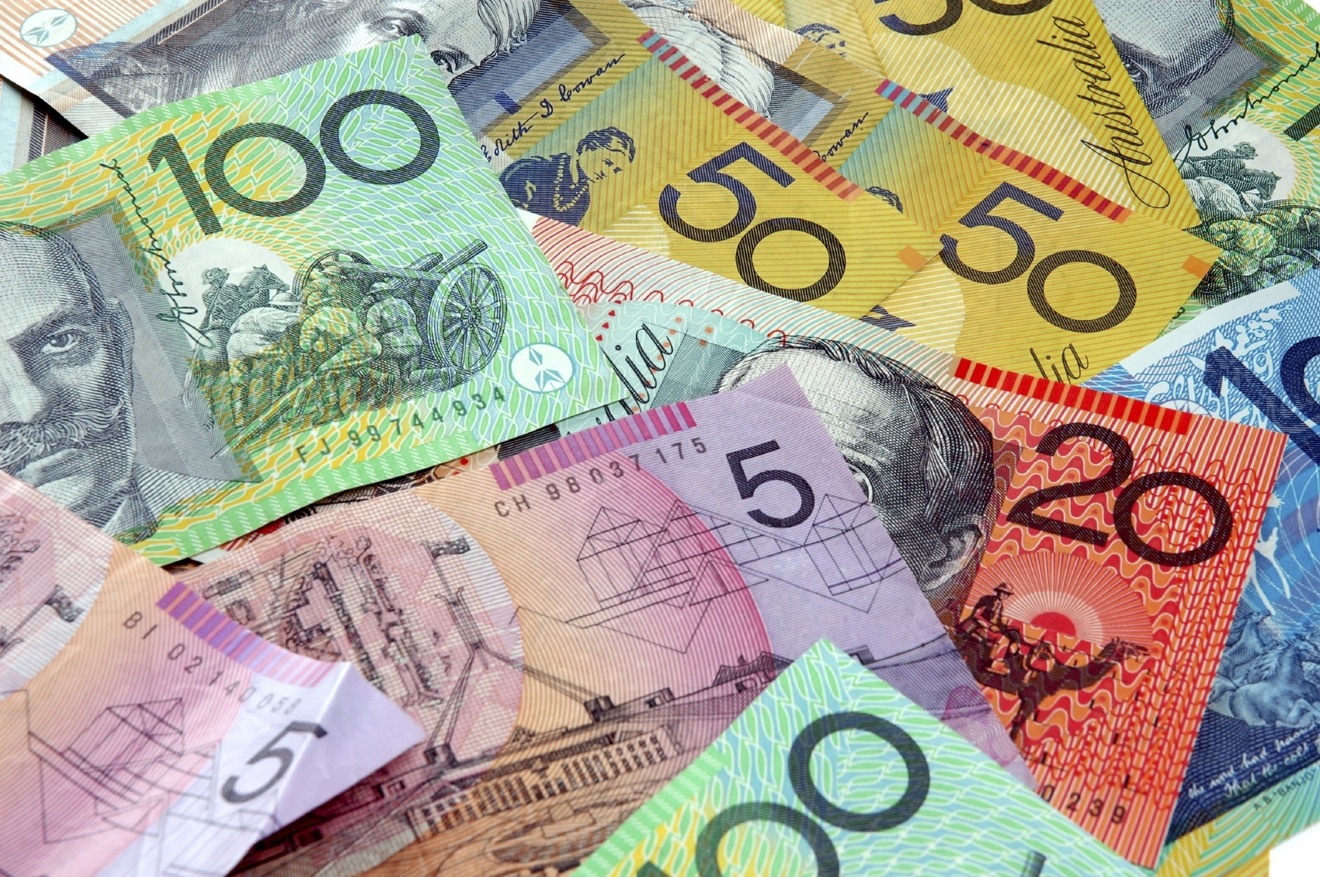Apple's Australian tax bill falls to $164M despite rising profits
Apple's Australian tax bill dropped AUD$18.8 million to $164 million in 2018, despite revenues climbing from $8.04 billion to $9.08 billion, and gross profits rising from $756 million to $900 million, a report revealed on Friday.
The company did register $543 million in "selling, general and administrative expenses," up from $512 million, according to The Age. Factoring in that number slashes Apple's profits to $396 million, off which Apple appears to have paid Australia's standard 30 percent corporate tax rate, along with $15 million in non-deductible expenses, and an under-provision from earlier years of $30 million. The company had a higher under-provision in 2017, $90 million.
Net, after-tax profits for 2018 were $232 million, beating any figure in the past five years. In 2017 that sum was just $71 million.
The company's 2018 tax bill was largely consistent with recent years, compared against $182 million in 2017 and $128 million in 2016.
An international advocacy group, the Tax Justice Network, has raised questions about the Australian government's policies, asking how it's possible that a company can pay relatively consistent taxes despite surging revenue, likewise calling for more transparency in expense reporting.
Apple has often been accused of exploiting loopholes in low-tax countries to avoid paying in the markets where it actually makes most of its money. In Europe, for instance, it has funneled much of its income through Irish subsidiaries. In 2016 that resulted in a tough European Commission ruling, ordering Ireland to collect billions of euros in back taxes after it was decided the Irish government had offered preferential tax deals — something illegal under E.U. law.
September 2018 saw Apple pay the entire 13.1 billion euro outstanding balance of its disputed taxes to Ireland. Both the company and the Irish government are working to appeal the 2016 ruling.
Australia's tax office audited Apple in 2015, but no severe consequences appear to have followed.
 Roger Fingas
Roger Fingas











 Malcolm Owen
Malcolm Owen
 William Gallagher
William Gallagher
 Mike Wuerthele
Mike Wuerthele
 Christine McKee
Christine McKee

 Andrew Orr
Andrew Orr
 Sponsored Content
Sponsored Content








